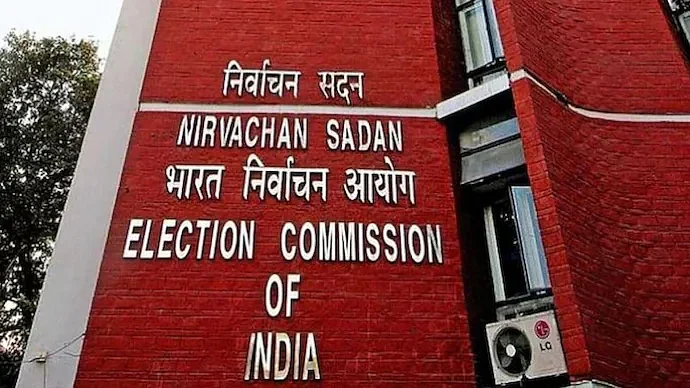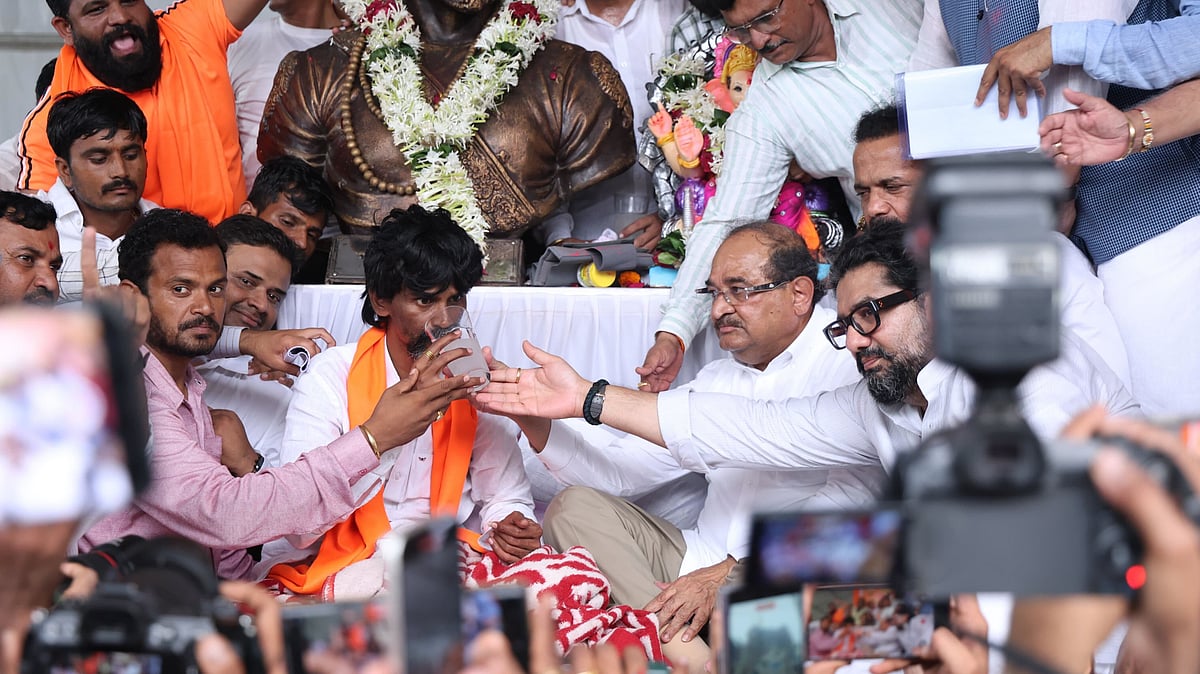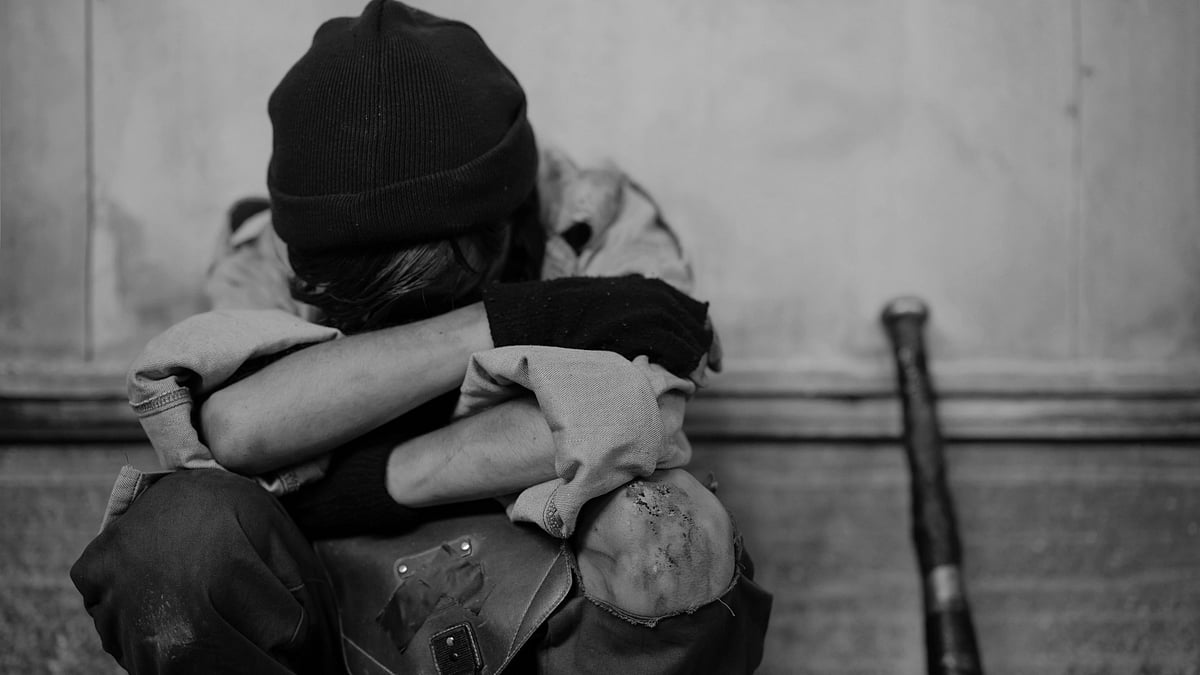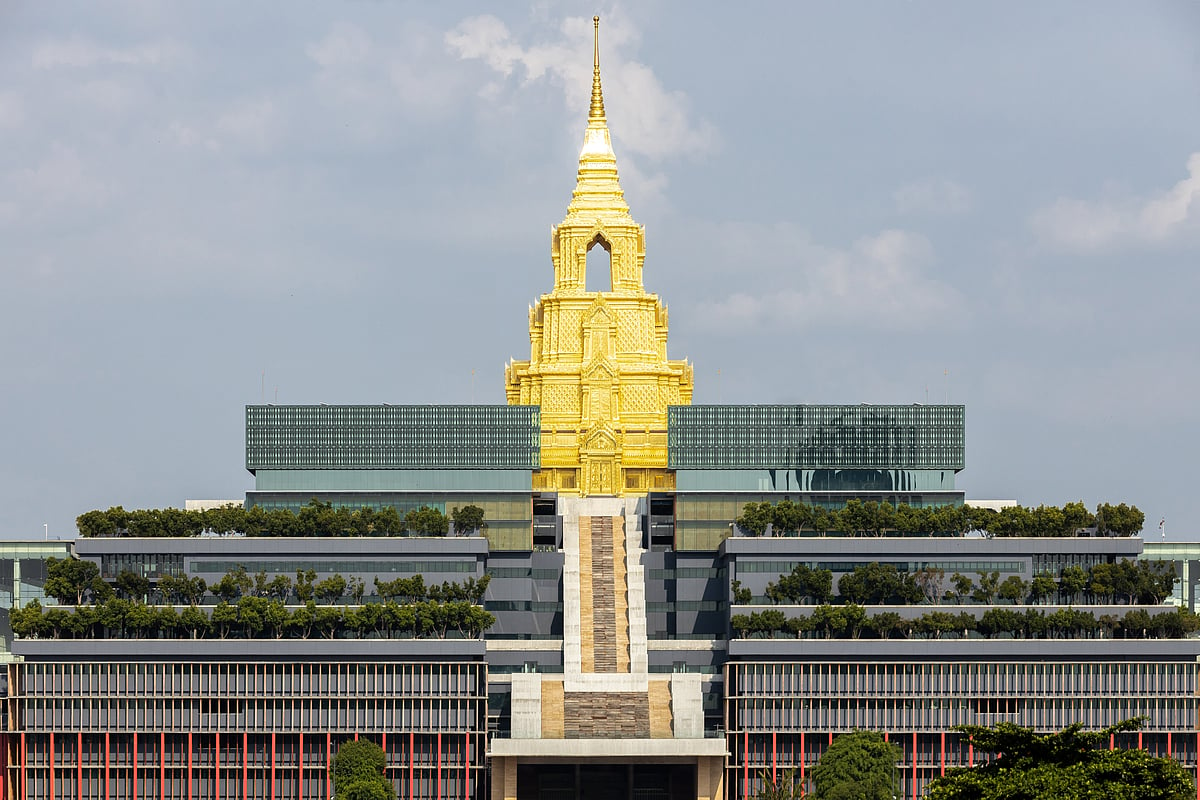Former Bihar chief minister Jitan Ram Manjhi’s suggestion that the benefits of reservation be limited to two generations of a single family deserves serious attention, given the opportunistic competition among communities for a slice of the quota pie – and among politicians to create vote banks through quotas. Affirmative action is no longer about social justice, but grabbing power and getting ahead at the cost of other communities.
Every apprehension regarding the complex system of quotas ushered in by Mandal in 1990 has now been realised. Casteist politics has become a means for certain castes to demand and receive preferential treatment in education, employment and political representation. The resource-rich continue to take advantage of reservations at the expense of the truly disadvantaged. The demands for quotas have multiplied, leading several state governments to merrily breach the 50 per cent limit set by the Supreme Court.
Telangana recently raised the quota for backward Muslims from four to 12 per cent and that for STs from six to 10 per cent, thereby increasing reservation in educational institutions and government jobs to 62 per cent (SCs and OBCs in the state enjoy quotas of 15 per cent and 25 per cent respectively). The state government was undeterred by a 2010 SC ruling which invalidated the four per cent quota for backward Muslims. A review petition is now being heard.
How does Telangana hope to get away with exceeding the SC-mandated 50 per cent ceiling? Just last fortnight, the Rajasthan government’s effort to increase reservation to 68 per cent was halted by the SC. Hearing a petition on two Bills, one for increasing OBC reservation from 21 to 26 per cent and the other for instituting an additional quota of 14 per cent reservation for economically backward classes, the SC restrained the state government from crossing the 50 per cent limit.
In 2014, Maharashtra sought a 21 per cent increase in quotas – 16 per cent for Marathas and five per cent for Muslims, but the Bombay High Court struck it down. The HC also rejected the government’s move to give reservation in promotions to OBCs, citing Article 16 (4A) of the Constitution, which allows the state to give such promotions only to SCs/STs, and that too when they are not adequately represented in the services.
In 2016, Haryana sought to exceed the 50 per cent cap through an additional 10 per cent quota for the Jats and five other communities and another 10 per cent for the economically backward, taking the total to 67 per cent. The Punjab & Haryana HC stayed the implementation of these new quotas.
Karnataka, too, ran afoul of the SC when it attempted to breach the 50 per cent cap.
Tamil Nadu is the only state permitted to implement quotas of 69 per cent, because its reservation law enjoys the protection of the 9th Schedule of the Constitution and is thus beyond judicial review. Telangana CM K Chandrashekhar Rao has sought similar protection for his reservation law and is confident that the requisite Constitutional amendment will be passed. In the past, Parliament has only been too willing to pass such amendments to nullify limits on reservation set by the Supreme Court.
However, the SC has itself held that inserting a new law into the 9th Schedule does not mean that it enjoys blanket immunity from judicial review! The centre will have to bear this in mind if it tries to bring in a constitutional amendment to allow the states to exceed the 50 per cent cap at will.
State governments are becoming increasingly anxious to pander to demands for reservation. The increase in salaries and perks for government employees through the sixth and seventh finance commissions have made public sector and government jobs much more attractive. As a result, every community wants the benefit of reservation, specially at a time when private sector jobs are scarce.
Violent agitations both by genuinely backward and forward communities – the Jats in Haryana, the Gujjars in Rajasthan, the Marathas in Maharshtra, the Patidars in Gujarat – have forced state governments to accede to their demands. At the same time, the politicians cannot afford to anger those who already enjoy the benefit of quotas and will not agree to a smaller share of the pie. The only way out is to increase the size of the pie, that is, by increasing quotas. This costs the state government nothing and yields huge political dividends.
Vested interests of political parties have ensured that reservations to SCs and STs – initially granted until 1960 but extended every ten years thereafter – have become permanent. Mandal gave OBCs reservation in education and the civil services, but not – unlike the SCs and STs – in promotions. Time and again, state governments have sought to set aside Constitutional norms by giving the OBCs quotas in promotions. This, in effect, equates OBCs with SCs and STs!
Manjhi’s successor, Nitish Kumar, has suggested that the size of the quota pie be expanded, not by hiking the reservation limit but by extending it to the private sector. This means that unaided private educational institutions, many of which are centres of excellence, would also have to implement reservation. Mr Kumar should consider why certain institutions are exempted from reservation, like the Saha Institute of Nuclear Physics, the Babha Atomic Research Centre, the Tata Memorial Centre, the Tata Institute of Fundamental Research, etc.
Clearly, these institutions demand scientists of the highest merit, regardless of their caste status. Why should the same principle – merit over caste – not apply across the board, at least in the private sector? Why should the state governments be allowed to burden the private sector with their political compulsions?
Given all these factors, Manjhi’s suggestion is the most sensible. It is in keeping with the original spirit of reservation, that it would be limited to a specific time period and will also ensure that the ‘creamy layer’ is kept out of reservation in future. Certainly, a lad, whose father and grandfather were civil servants, is on a level playing field with his upper caste counterparts.
The author is a senior journalist with 35 years of experience in working with major newspapers and magazines.
She is now an independent writer and author.







 (1).jpg)


